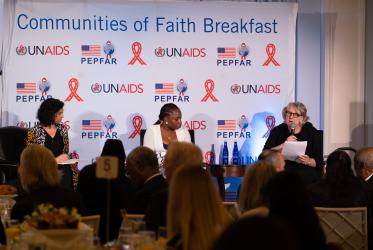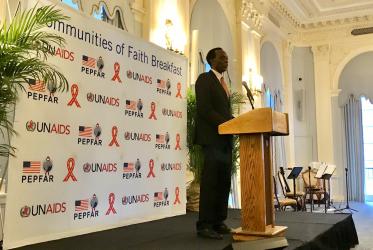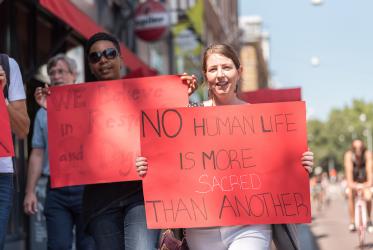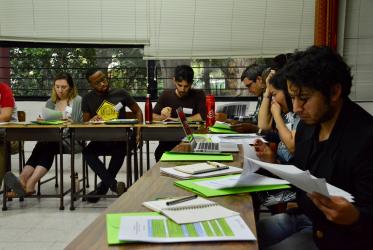Displaying 1 - 20 of 74
Churches should use their voice on climate change
26 February 2020
WCC remembers lost colleagues
24 May 2019
Pan African Women of Faith issue fervent Call to Action
20 November 2018
WCC executive committee tackles public issues
07 November 2018
WCC supports UN petition from French Polynesia
07 November 2018
WCC greets new leadership of ACT Alliance
31 October 2018
What difference does dressing in black make?
02 August 2018















